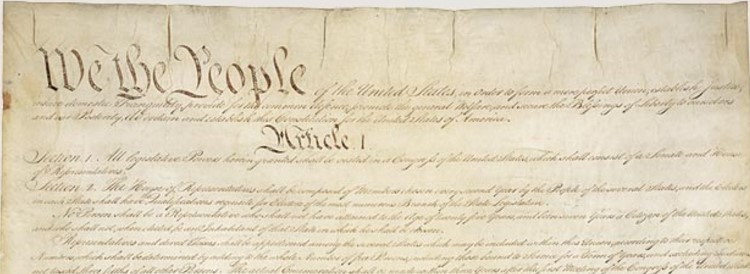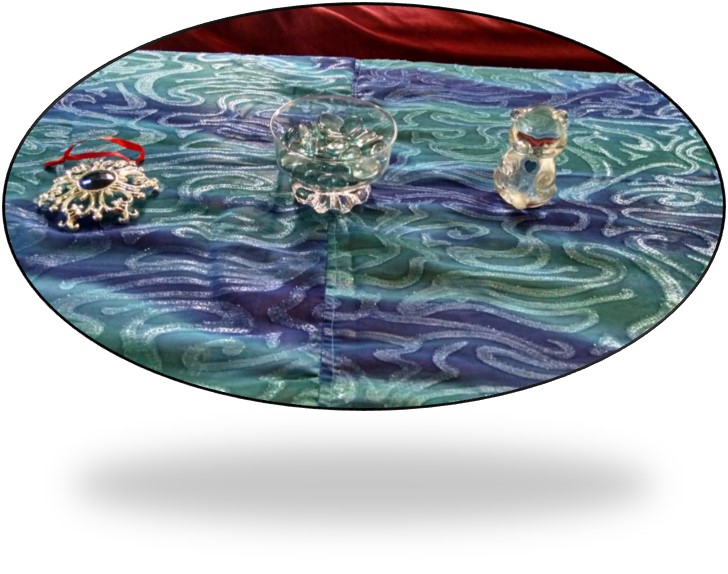The Migration or Importation of such Persons as any of the States now existing shall think proper to admit, shall not be prohibited by the Congress prior to the Year one thousand eight hundred and eight, but a Tax or duty may be imposed on such Importation, not exceeding ten dollars for each Person.
Yeah, that means what you think it means. It was saying we were still allowed to kidnap people from Africa, bring them to our shores, and keep them in involuntary servitude, and that we couldn’t open the discussion for banning it before 1808. Not exactly a shining moment.
The Privilege of the Writ of Habeas Corpus shall not be suspended, unless when in Cases of Rebellion or Invasion the public Safety may require it.
Okay, this is about the rights of the accused. Y’all might to note that the term “rebellion” is not defined, and at some point may be twisted to what we would call a “protest.” A prisoner has the right to challenge imprisonment in court unless there are extreme circumstances. (Habeas Corpus basically means that a person under arrest must be brought before a judge to prove there is a legal reason for keeping them locked up)
No Bill of Attainder or ex post facto Law shall be passed.
You have to be tried under the law as it stands when you are accused of having committed the crime. Congress cannot pass a law and have you be retroactively guilty if what you did was legal at the time you did it.
A Bill of Attainder is a law that says a specific person is by LAW guilty of a crime. It is legislative rather than judicial judgement and is Unconstitutional in the US. Margaret Pole, Katherine Howard, Thomas Cromwell, the Duke of Norfolk, and many others were executed via this legal means during the Tudor period. It was a very feared piece of legislation because it could get you killed because the legislative body didn’t like you (or was bullied into it), not necessarily because you had been proved guilty of a crime. If the concept doesn’t scare you cross-eyed, read more history. It should.
No capitation, or other direct, Tax shall be laid,[unless in Proportion to the Census or Enumeration herein before directed to be taken.
Congress was not allowed to impose a direct tax on people. This was changed by the 16th Amendment.
No Tax or Duty shall be laid on Articles exported from any State.
Interstate taxes on goods are illegal. If you buy it in New Hampshire and take it to Massachusetts (ahem! Cheap liquor on I-93…) there cannot be an interstate tax imposed on it.
No Preference shall be given by any Regulation of Commerce or Revenue to the Ports of one State over those of another: nor shall Vessels bound to, or from, one State, be obliged to enter, clear, or pay Duties in another.
Again, this is saying that we’re not going to have Interstate Tariffs or Duties.
No Money shall be drawn from the Treasury, but in Consequence of Appropriations made by Law; and a regular Statement and Account of the Receipts and Expenditures of all public Money shall be published from time to time.
Congress must make a public accounting of how they spend money.
No Title of Nobility shall be granted by the United States: And no Person holding any Office of Profit or Trust under them, shall, without the Consent of the Congress, accept of any present, Emolument, Office, or Title, of any kind whatever, from any King, Prince, or foreign State.
The United States of America is Republic. There is no such thing as a noble class. We do not have monarchs. No-one who holds a public office of the US is allowed to accept a foreign honor, gift, or title without specific permission of Congress.





